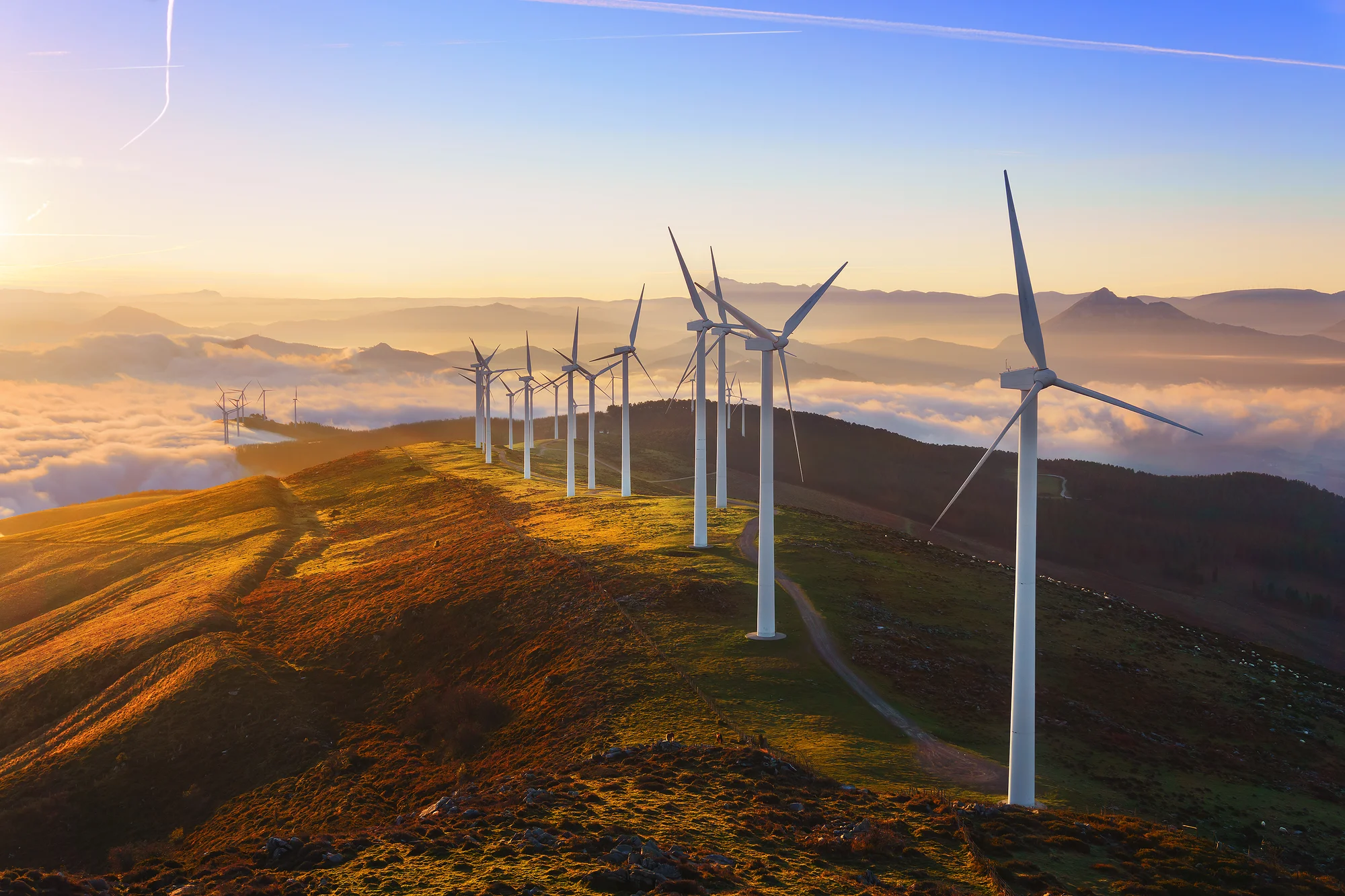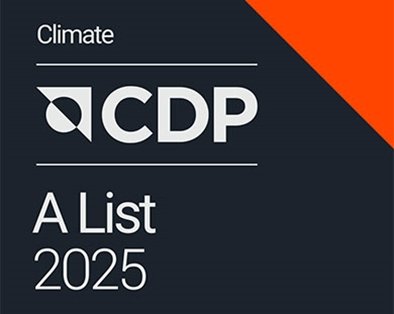In a first-of-its-kind agreement in South Africa, Vodacom has signed a Virtual Wheeling agreement with Eskom, which will help accelerate efforts to solve the country's energy crisis and contribute significantly to Vodacom's objective of obtaining all its electricity from renewable energy sources by 2025.
South Africa has been gripped by a series of regular planned power cuts (load shedding) as the national electricity provider, Eskom seeks to prevent national blackouts in the wake of high demand.
Load shedding has also impacted telecom services. In the past financial year, Vodacom South Africa spent more than R4 billion (€200 million) on backup power solutions and R300 million (€10 million) on operational costs such as diesel for generators.
Through the Virtual Wheeling agreement, Vodacom can now secure electricity from Independent Power Producers (IPPs) under the same terms and conditions as its agreement with Eskom. IPPs are private entities that use their facilities to generate and sell electricity to utilities (such as Eskom), governments and end users.
It was previously not possible for a company of the size and complexity of Vodacom – which has 15,000 low-voltage mobile sites in 168 municipalities across the country – to source power from IPPs.
Due to the complexities, Vodacom innovated and brought the idea of aggregating the consumption of their estate to Eskom.
Vodacom subsidiary Mezzanine and Eskom then co-developed a new technology platform to extend the opportunity of Virtual Wheeling to a range of new enterprises, including Vodacom.
Shameel Joosub, Vodacom Group CEO, said, "Vodacom's partnership with Eskom is transformational in that our Virtual Wheeling solution will enable South Africa's private sector to participate in resolving the energy crisis, which continues to impact the country's economy."
Sitho Mdlalose, CEO of Vodacom South Africa, added, "Think of it like purchasing renewable energy certificates, but most importantly, it also has the added benefit of positively impacting the supply deficit currently being experienced and nurturing the growth of renewable energy production in South Africa.
We estimate that this initial phase will move approximately 30% of Vodacom South Africa's power demand onto renewable sources, a significant step towards our 2025 renewable energy ambitions. To make up the difference, we are working hard at exploring and developing additional solutions."
Despite the abundance of solar, wind, and hydropower resources, six hundred million people in Africa need access to electricity.
During the recent Africa Climate Summit held in Nairobi, leaders expressed their belief that Africa possesses the necessary fundamentals to become a cost-competitive green industrial hub.
Additionally, they recognised that Africa has a unique opportunity to pursue a less carbon-intensive development pathway with the right financing and technology.
The agreement between Eskom and Vodacom has the potential to accelerate this opportunity.
The Virtual Wheeling blueprint provides a clear plan for involving the private sector in stabilising South Africa's grid. Plus, it can be fast-tracked depending on the licensed capacity of independent power producers.
And with several parties from various industries expressing commercial interest, the future looks bright for Virtual Wheeling.

























